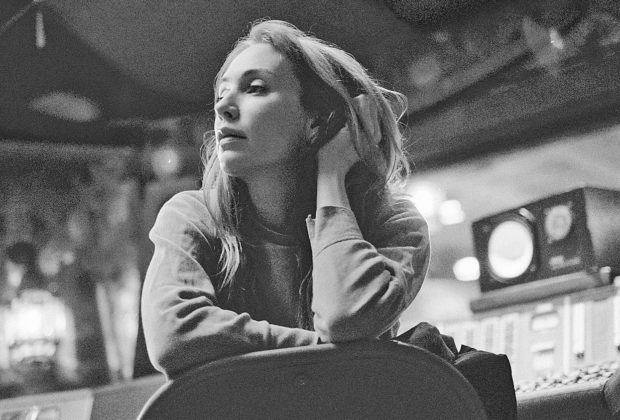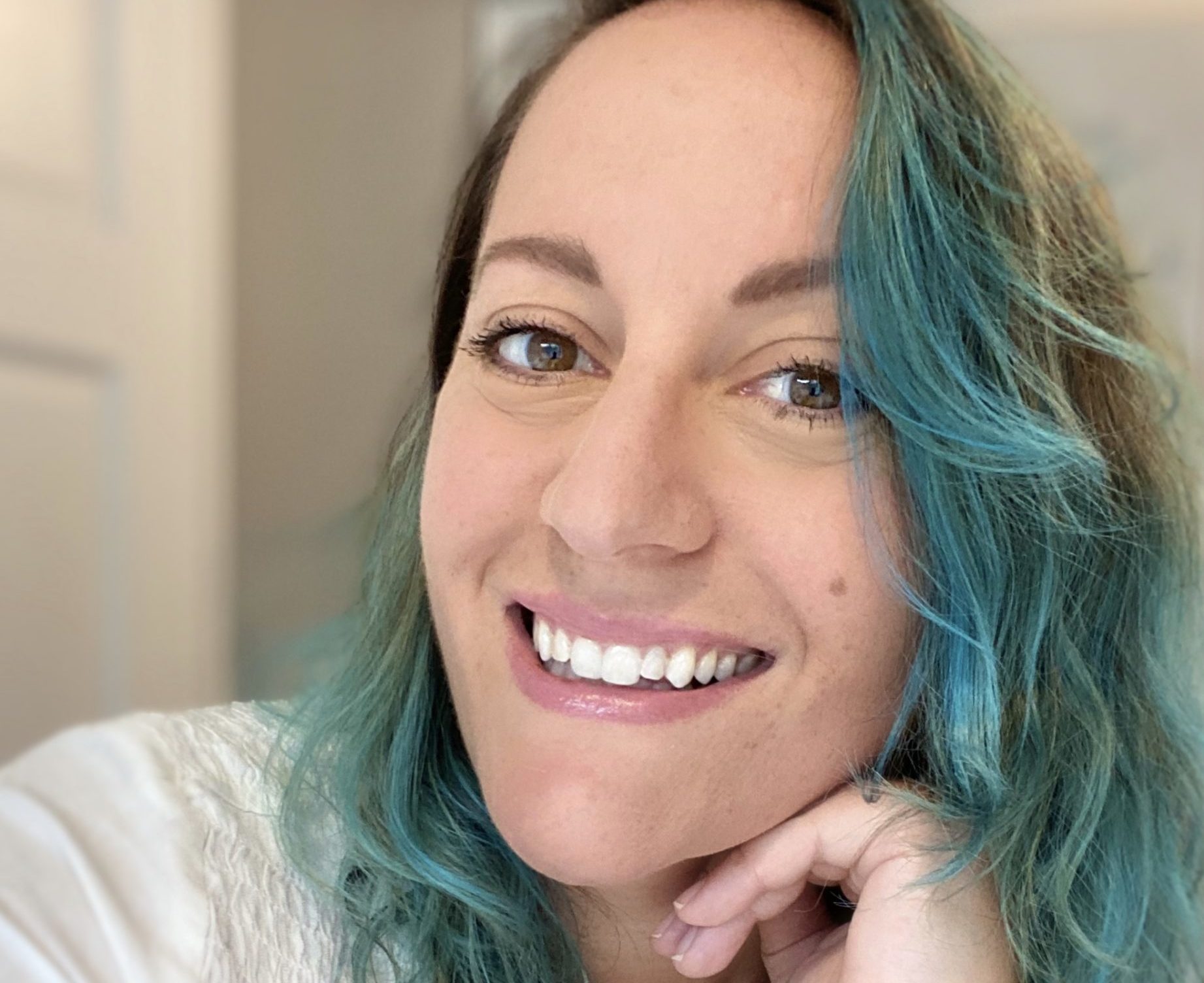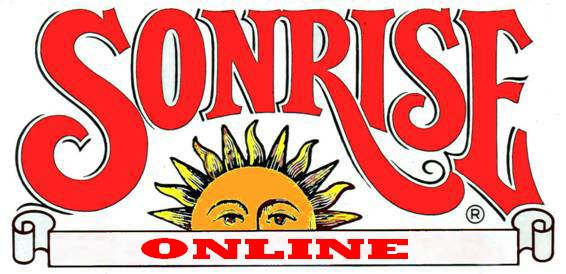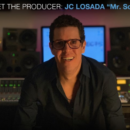Singer and drummer with Los Angeles-based band Tashaki Miyaki, Paige Stark stepped into the role of producer when she wasn’t happy with the way her records were being made. Much like famed musician, songwriter and producer Linda Perry, she chose to take back the power and produce the band’s records on her own terms. In addition to work on Tashaki Miyaki’s The Dream and 2021’s Castaway, she’s produced for SoCal artists L.A. Witch, Poppy Jean Crawford and Cherry Glazerr.
“I had a lot of problems with the way people were recording me,” she recalls of her pre-producer days. “I’d have something in mind when I’d go into the studio and there was always a dude [there] who was usually twice my age. When I first started out around 2008, I found it insulting to use references; to say something like ‘Play just like Sterling Morrison on that Velvet [Underground] record.’ I felt that they should have asked about the feelings I wanted a song to have: psychedelic or moody or blue. Now when I describe things, I do it like a movie because to me that’s what music is. It’s not copying a riff you heard on a record. That has no feeling in it.”
Stark is something of a purist when it comes to recording and believes in minimal additions prior to the mix. She also feels that it’s important to get sounds right at the outset. Indeed, the phrase “fix it in the mix” repulses her. “Everyone wants to do everything in post [production],” she observes. “When something like drums sound like a beach ball to me, people will often say that I won’t hear it later. If I hear it now, I’m going to hear it later. In the past, people used to spend days to set up the room. There isn’t as much time spent now getting the sound dialed in. That’s why the music isn’t as moving. There isn’t true low-end, there isn’t true high-end and everything sounds the same.”
One of her biggest challenges as a producer is when she feels that an artist is doing something that isn’t in his or her best interest. “You have to talk them out of it or show them why they should listen to you,” she asserts. “That’s hard because you’re saying that they should take your advice over their own thoughts. In those cases, I’ll make two versions of a bounce, ask them to sleep on it and we’ll come back to it in a few days. I’ll always let an artist do what they want, but I’ll fight for things that I think will make them sound better.”
Approximately four years passed between her production of The Dream and Castaway. She finds that her approach to production has refined and shifted in that time. “I’m more particular about fixing things,” she explains. “I still haven’t found my perfect engineer who gets me; one who understands my vision. That’s important. It’s like being a director and you haven’t found your director of photography.”
Recently Stark segued into film scoring and has begun to branch out into engineering, although she’s not a fan of DAWs. “I like tactile things,” she says. “I would rather splice tape than deal with a computer.”
Contact Pam Nashel, Siren’s Call PR, pam@sirenscallpr.com; paigestarkmusic@gmail.com














